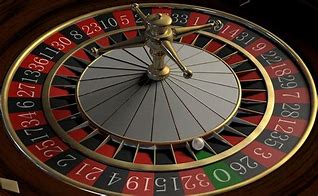Faith, science and epistemology

Nothing is worse than faith that gives the illusion of ultimate knowledge, for example Catholicism's claim to be the depositary of Truth. Becoming aware of our ignorance leads to a more modest attitude which is also more in keeping with our human condition. From subjection to emancipation. In relation to religion, the history of science is essentially that of the passage from subjection to emancipation. In 391, Emperor Theodosius I decreed that Christianity was the state religion of the Roman Empire. By banning "pagan" cults, he established a widespread and institutionalised intolerance to which the ecclesiastical authorities adhered. For example, in 393, he had the Olympic Games banned because they were considered too pagan. The authoritarian attitude of the Church is based on the doctrine of the "just persecution" of St. Augustine (354 - 430): " If we want to be true, then let us say that the persecution of the ungodly against the Church of Christ is unju...



